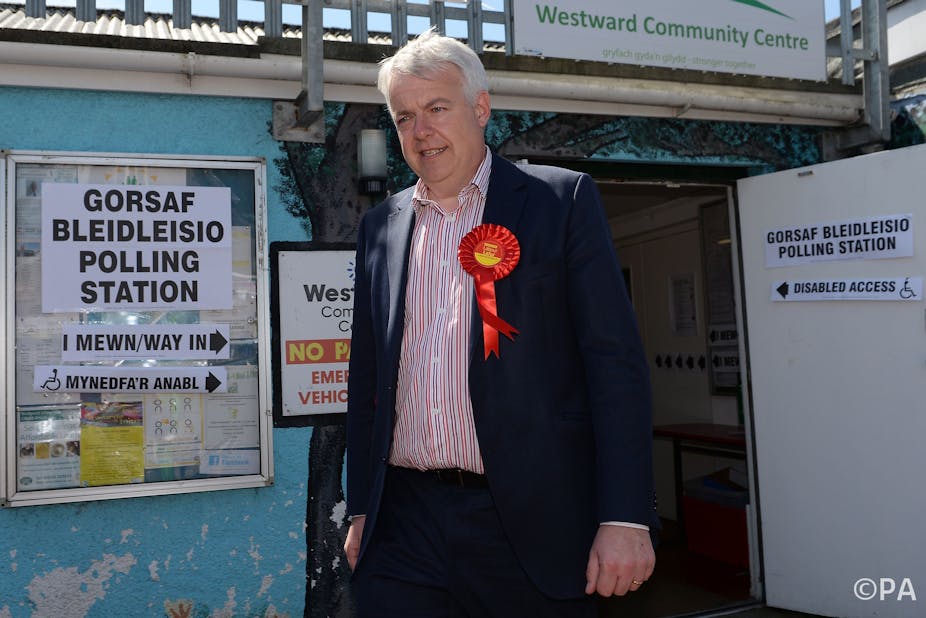In the Welsh Assembly elections, much of the story has remained unchanged: Labour has won again, keeping the leading position it has enjoyed since the Senedd was first opened in 1999.
Despite seeing a significant fall in vote share on the last National Assembly election – down 7.9% across all constituencies – Labour is still well ahead of a divided opposition, and held on to all but one of its constituency seats. In total, Labour now has 29 out of the 60 seats altogether – coming in well ahead of the field, and holding on to two regional list seats, as well as the three seats it had been projected to lose: Cardiff North, Cardiff Central and Llanelli.
While these elections at least have heralded no surprises for the winner, the race for second place was an altogether very different matter.

For Plaid Cymru, the night was one of mixed fortunes. Party leader Leanne Wood won a famous victory in Rhondda – beating former Labour AM Leighton Andrews, who had held the seat for 13 years – with a 24% swing in votes to the party of Wales. Elsewhere, however, Plaid fell short in all their constituency targets, such as Llanelli and Aberconwy.
The Conservatives were among the big losers of the night, losing three seats and their position as the assembly’s second party. They had begun the campaign hoping to make significant gains, having managed to take former Labour strongholds Gower and Clwyd in the 2015 General Election. But they lost votes, and regional list seats, allowing Plaid Cymru to reclaim its place as second in the Senedd.
But if the Tories were losers, UKIP were in some ways the biggest winners. Although the party slightly under-performed its vote share in recent polls, the night can only be described as a huge success for UKIP. Never having won a seat before in the assembly, it now has a contingent of seven AMs dotted across the country, elected via the regional lists. Former Conservative MP Mark Reckless, the party’s Wales leader Nathan Gill, and former MP Neil Hamilton were among those who made the “breakthrough”, in the words of Nigel Farage.

For the Liberal Democrats, party leader Kirsty Williams won an impressive personal victory in Brecon and Radnorshire, increasing her majority by 9.3% – 8,170 votes more than prospective Conservative candidate Gary Price. Following the results announcement, Williams promised that the party’s rebuild “begins here”, but with her now being the only Lib-Dem in the chamber (down from six elected in 2011) her party will no longer have official recognition in the assembly.

